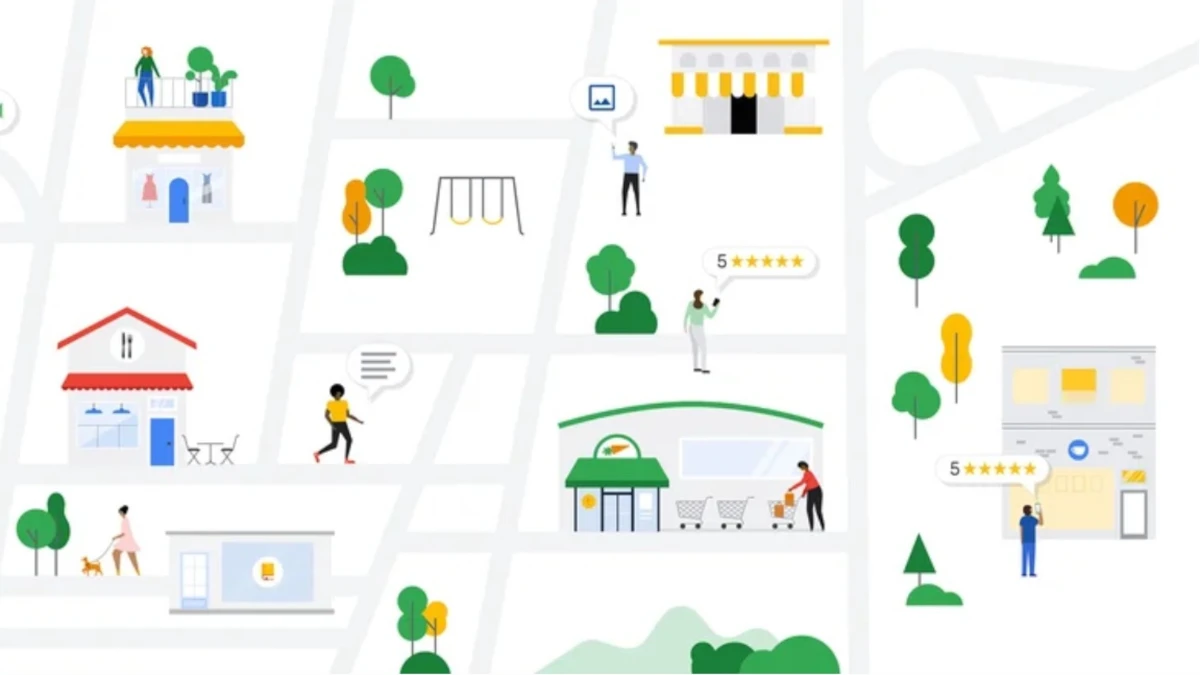If you never knew that Google Maps help detect scammers, well, we’re glad to inform you it does and this article will be guiding you through how this feat can be achieved. One would conclude that Google deserves accolades for putting a lot of security features in place for users to track scam and protect their privacy – Google Maps is just joining the clique of software that has a security feature.

Google Maps help detect scammers: further details
According to Google, criminals have been known to submit bogus information to make money. According to the corporation, it is fighting back using technology that prevents fraudulent content from being shared on its Maps app.
Google employs machine learning to assist it in detecting trends that may suggest bogus material. It improved this technology last year, making it faster to detect such false information. “For example, our automated algorithms spotted an unexpected increase in Business Profiles with websites ending in.design or.top—something that would be impossible to identify manually across millions of profiles. Our team of researchers rapidly determined that these websites were fraudulent, and we were able to quickly delete them and disable the related accounts “Google composed.
Scammers were also putting phony phone numbers on top of provided photographs in Google Maps, according to Google. The idea was to trick unwary Maps users into dialing the bogus number for a company rather than the actual number. You can see how this may lead to fraudulent credit card transactions that are difficult to contest for people who have been fooled.
Google retaliated by using a machine learning algorithm that analyzes visual features to detect whether a submitted photo has a false phone number pasted on top. Google “banned the great majority of these fake and policy-violating photographs before they were released” by using the machine learning algorithm.
Google banned or erased over 115 million reviews that violated corporate regulations last year. It was a 20% increase over the number it brought down in 2021, thanks to upgraded models. 200 million photographs and 7 million movies were also prohibited and removed because they were low-quality, fuzzy, or violated Google’s content restrictions.
Scammers attempted to upload 12 million bogus Company Profiles in 2021, which Google was able to prevent. Last year, Google banned a total of 20 million bogus Business Profiles. Google also detected suspicious behavior around more than 185,000 firms, prompting it to implement additional safeguards.
Google also stated that it has launched a lawsuit against a gang of fraudsters who were impersonating Google by making bogus telemarketing calls and attempting to sell bogus internet evaluations. The business went on to say “Although we’ve made great strides in this area, we recognize that fraudsters will continue to evolve—and so will we. Our staff will continue to work around the clock and invest in cutting-edge technology to ensure that provided material on Google Maps is legitimate, safe, and dependable.”
As Google pointed out, mobile device users rely on the Google Maps program to get them securely from point “A” to point “B.” When customers arrive in “B,” it also tells them where to eat, sleep, buy, and find amusement.
